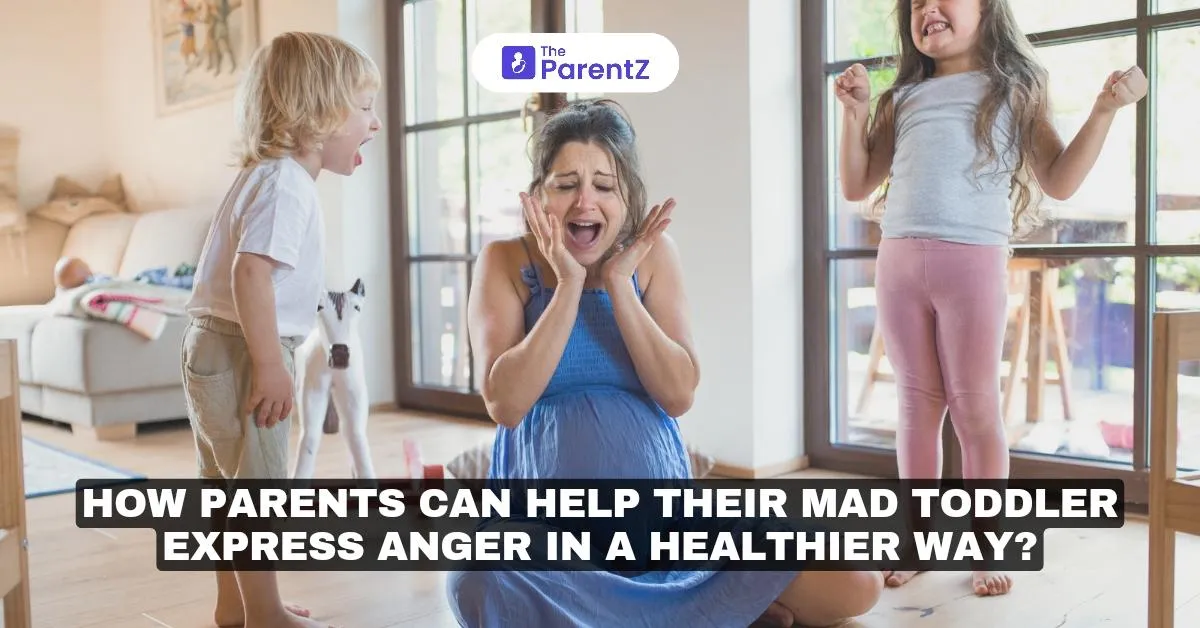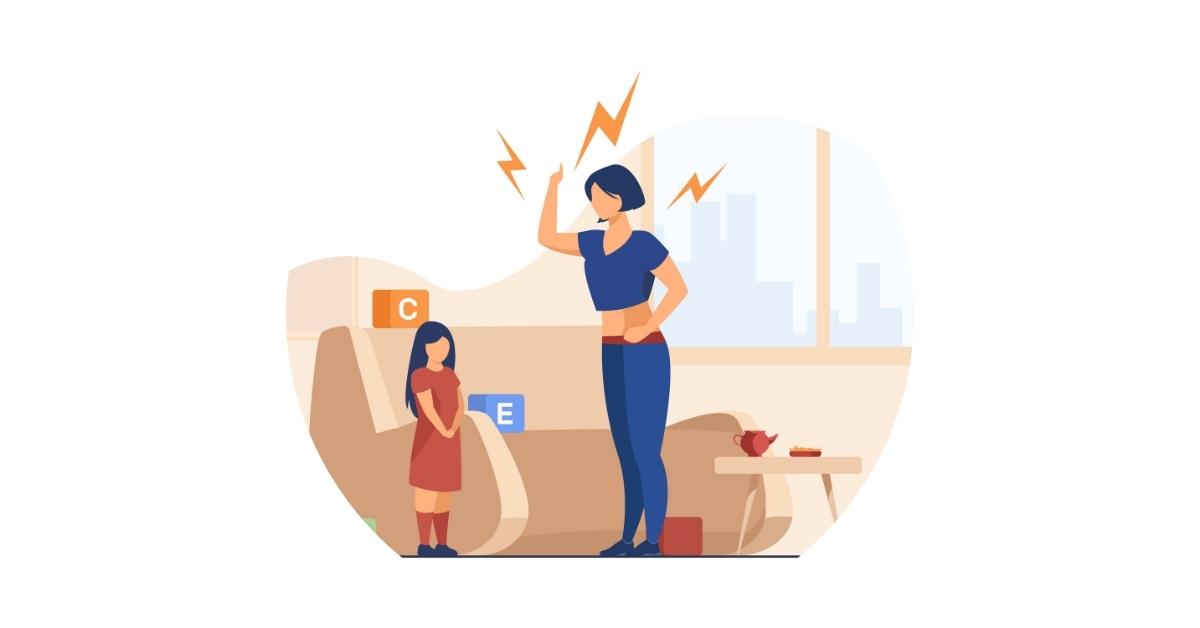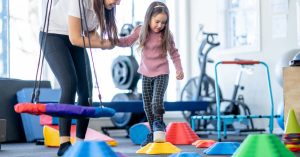Ever caught in the outburst of your toddler’s anger? Perhaps you must have. And you probably know how the situation really feels. In one moment they might be cutely giggling at their favorite cartoon, but in the next, who knows, they might be throwing away their toys just because you did something in a different way.
The truth is, toddlers experience big emotions too, but their brain lacks the ability to deal with them. In fact, anger and frustration are common aspects of a child’s development journey. However, the main concern is how to guide your little one to express their anger in healthier ways.
Read this article to find out more.
So Why Do Toddlers Get Mad Instead of Talking It Out?
The answer lies in kids' psychology. At this young age, the part of the brain responsible for reasoning and self-control is still in its development mode. Furthermore, the added language limit makes it easier for kids to rely only on tears and screams to express their mood.
In fact, according to a study, on average, toddlers between 18 months and 4 years old have tantrums about three to nine times per week. The reality is that these meltdowns are not chaos but a way of communicating.
The Connection Between Action and Emotions
The fact is—your toddler might not know that hitting or shooting isn't the best way to express anger. Rather than focusing on stopping the behavior completely, as parents, your key responsibility must be to teach them to link their emotions with words. Did you know that a single statement, such as ‘You’re mad because you can’t find your favorite toy,’ can significantly help them put their feelings into context? Morever, psychologists believe that toddlers who learn to label emotions—whether it’s anger, sadness, or frustration—are better at emotional regulation as they grow up.
Turn toddler tantrums into stomps
Fun fact—toddlers have endless energy. This is the reason why, when they are mad, their immense energy needs a release. The best way is to encourage them to stomp like a dinosaur or squeeze a stress ball instead of yelling or hitting. This approach not only helps in reducing stress but also improves their ability to focus and self-regulate. An absolute win win—less tension and a tired-out toddler.
The Hard Truth: Your Calm Is Their Calm
Yes, you read this right! After all, kids are emotional mirrors. This means if you lose your cool, they are likely to model your behavior too. Therefore, the best approach is to teach your kids to express anger in a healthier way is to try modeling how to handle frustrations and anger. So, the next time you spill a drink, say, ‘I’m frustrated, but I am going to clean it up calmly.’ This works!
The best part? Staying calm reduces your stress too!
Safe Space for Big Feelings
If you feel a calm space is mereley a Pinterest trend, it’s not! Its time to grab up a comforting space of your home and place some pillows, books, and toys where your children can go when they feel upset. It's more of a space to cool off and soothe those big feelings the little ones have.
Takeaway
Teaching your toddler to express anger in a healthy way doesn't mean discarding their emotions, but helping them deal with those emotions positively. After all, as parents, it's not about dealing with those toddler tantrums but defining the basics of empathy and emotional intelligence from a young age. Most certainly, one day they will thank you or maybe stop throwing the toast.






